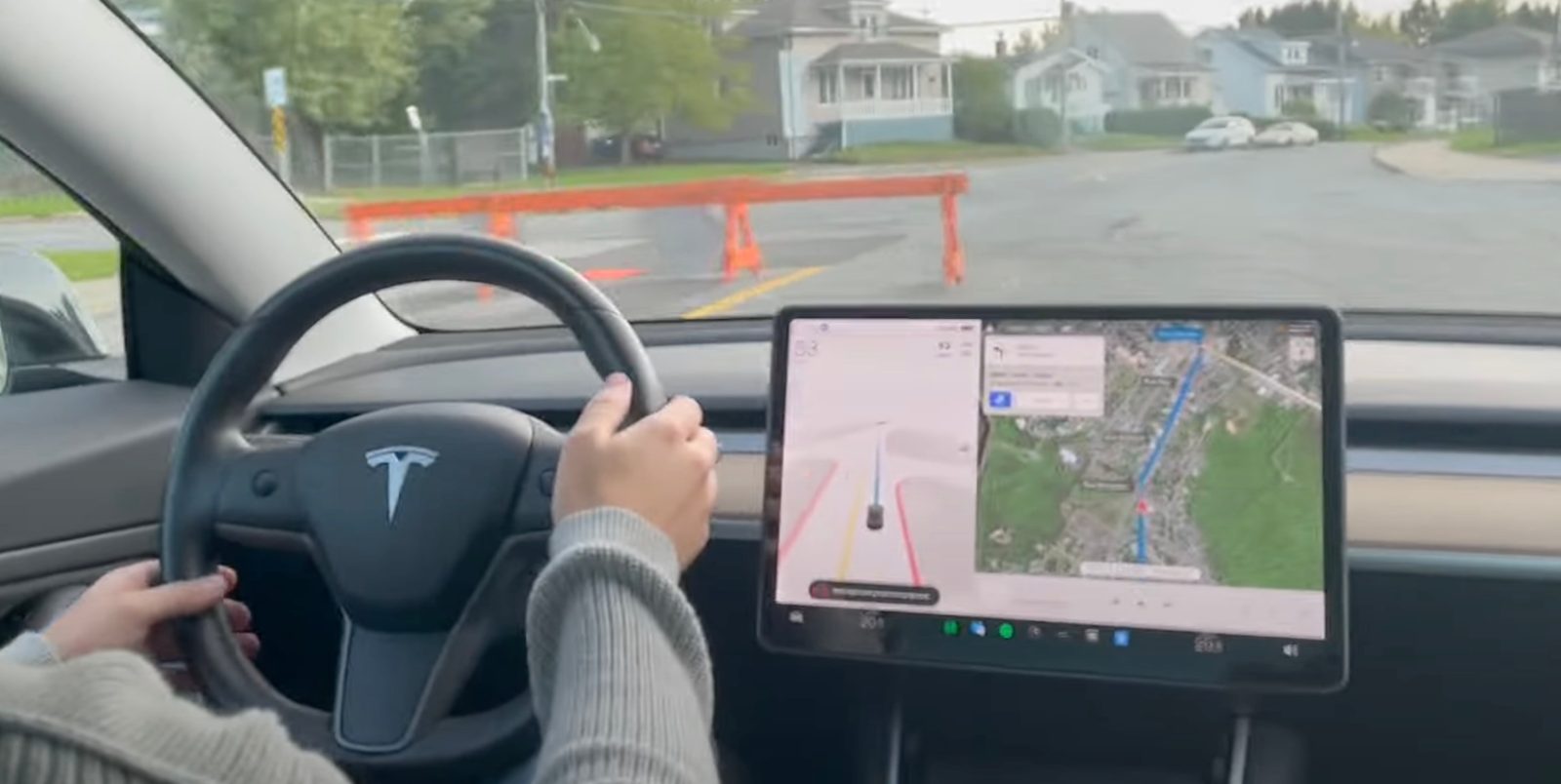
Tesla is caught in a legal fight in which it admitted that it would “suffer financial harm” if its self-driving crash data would becomes public, but it’s not for the reason you are thinking.
Tha automaker is currently in a legal battle against The Washington Post, who is requesting data regarding Tesla crashes related to its ADAS systems (Autopilot and Full Self-Driving).
The U.S. National Highway Transportation Safety Administration (NHTSA) requires automakers to report all crashes that involved ADAS systems.
Tesla crashes represent the vast majority of crashes reported to NHTSA, but we don’t have much data on those crashes because, as we previously reported, Tesla abuses NHTSA’s confidential policies to have most of the data related to the crashes redacted.
Here’s a quick video of the NHTSA ADAS crash report showing all of Tesla’s “redacted” and “confidential” section unlike other automakers:
The Post is suing Tesla and NHTSA to have them disclose the data.
In a new filing, Tesla argued that it “would suffer financial and economic harm if the requested information is disclosed.”
Tesla claims that competitors could use the data to assess Tesla’s progress with ADAS systems:
For the reasons explained in Tesla’s opening motion and the Eddie Gates Declaration, the disclosure of the requested information could foreseeably result in various types of harms to Tesla. Public release of ADAS hardware and software versions will allow competitors to, among other things, assess the efficacy of a given version of hardware or software; calculate the number of crashes per the different software and hardware systems, and draw conclusions as to Tesla’s rate of progress.
The automaker cited Eddie Gates, Director for Field Reliability Engineering at Tesla, to support its argument.
Gates wrote:
(a) see the processes by which Tesla identifies and examines crash incidents; (b) gain insights into how Tesla learns and evolves through data collection; (c) track the pace of improvement in ADAS features over time; (d) draw conclusions as to the effectiveness of one ADAS version over another; (e) draw conclusions about or attempt to copy Tesla’s internal processes; (f) reveal how and in what circumstances Tesla gathers and learns from telematic or other data relating to crash events; (g) provide insights into how Tesla’s software and vehicle technology works; and (h) ascertain the strength and weaknesses of Tesla’s features and use that knowledge to build or improve their own features and systems.
In short, Tesla’s argument for not making public details of its vehicles crashing while its Autopilot and Full Self-Driving is that competitors could potentially improve their own systems by learning which versions of Tesla’s systems are involve in more crashes than others.
Lawyers for the Washingtop Post counter the argument by pointing out that the version of Tesla’s ADAS software and hardware can’t be kept private, considering the drivers themselves have access to that information within their own vehicles.
Electrek’s Take
Let’s be real. If the information is disclosed, the only real change is that the public would gain a better understanding of crashes involving Tesla Autopilot and Full Self-Driving. That’s it.
Now, if that happens, there are a few things that could ensue, like more media reports on Tesla crashes, people involved in those crashes using the data in legal actions against Tesla, and yes, potentially competitors using the data to gain a better understanding of its system, but that wouldn’t be my top worry.
Even if they did that, it would only mean that the NTSHA crash reporting would result in making ADAS systems safer. Isn’t that the goal?
The fact that Tesla has gone out of its way to not release any data regarding its self-driving effort should be a real red flag to anyone interested in the effort.
FTC: We use income earning auto affiliate links. More.












